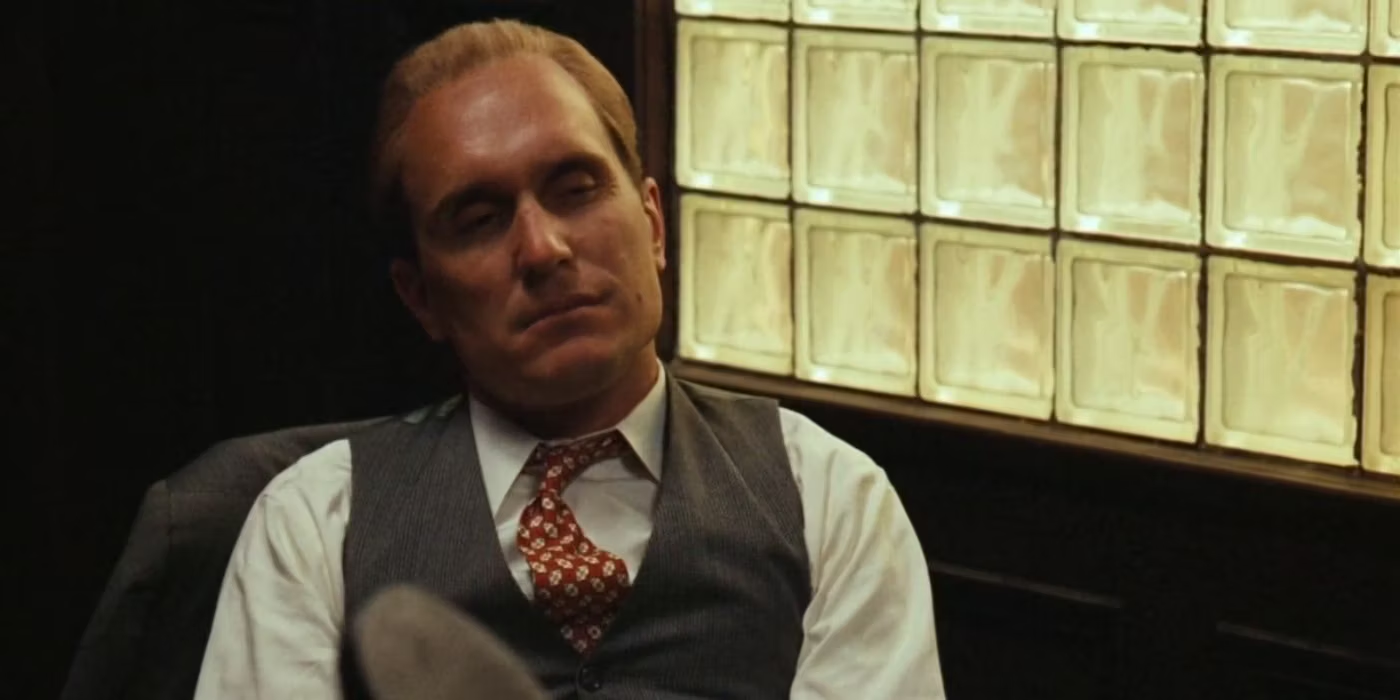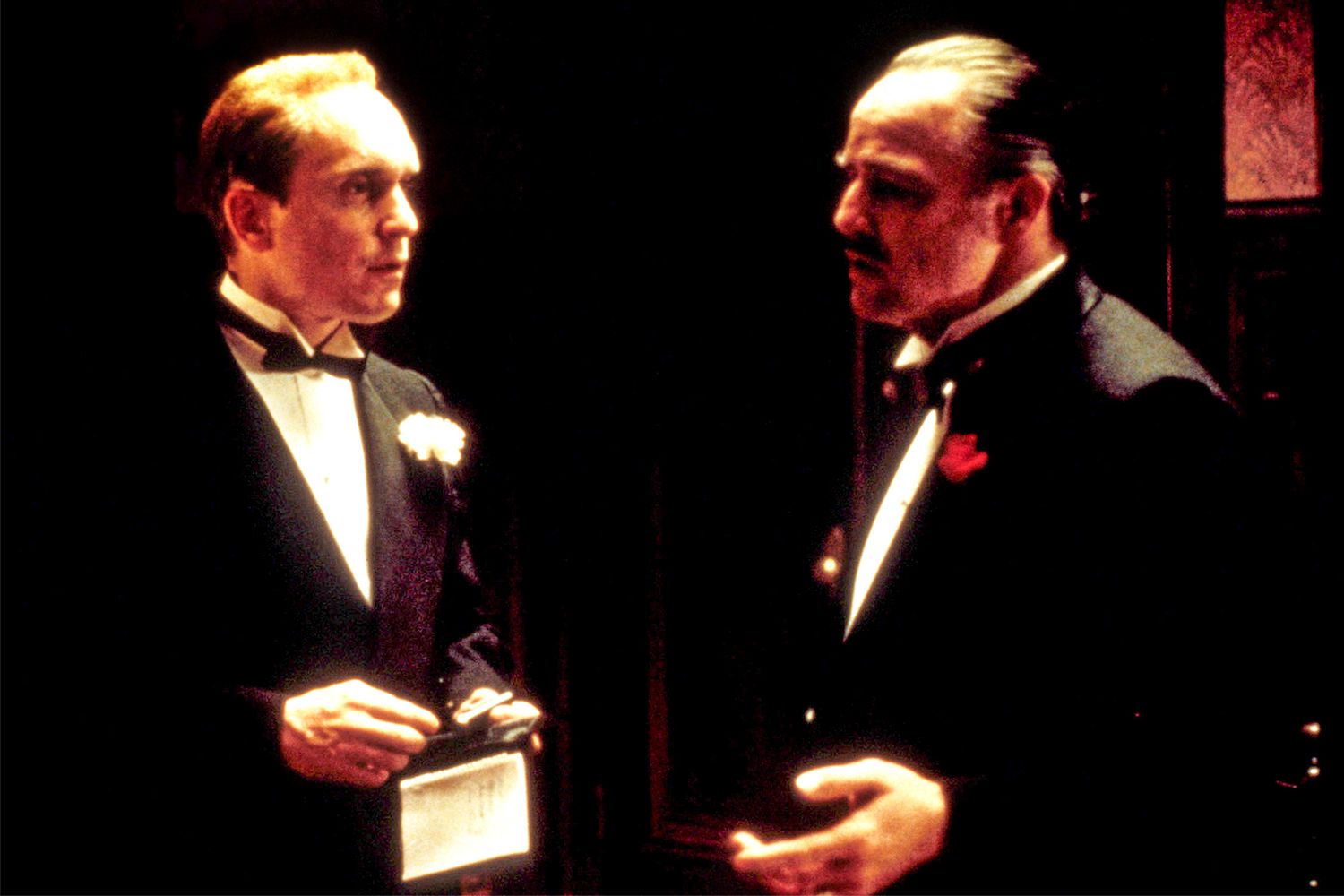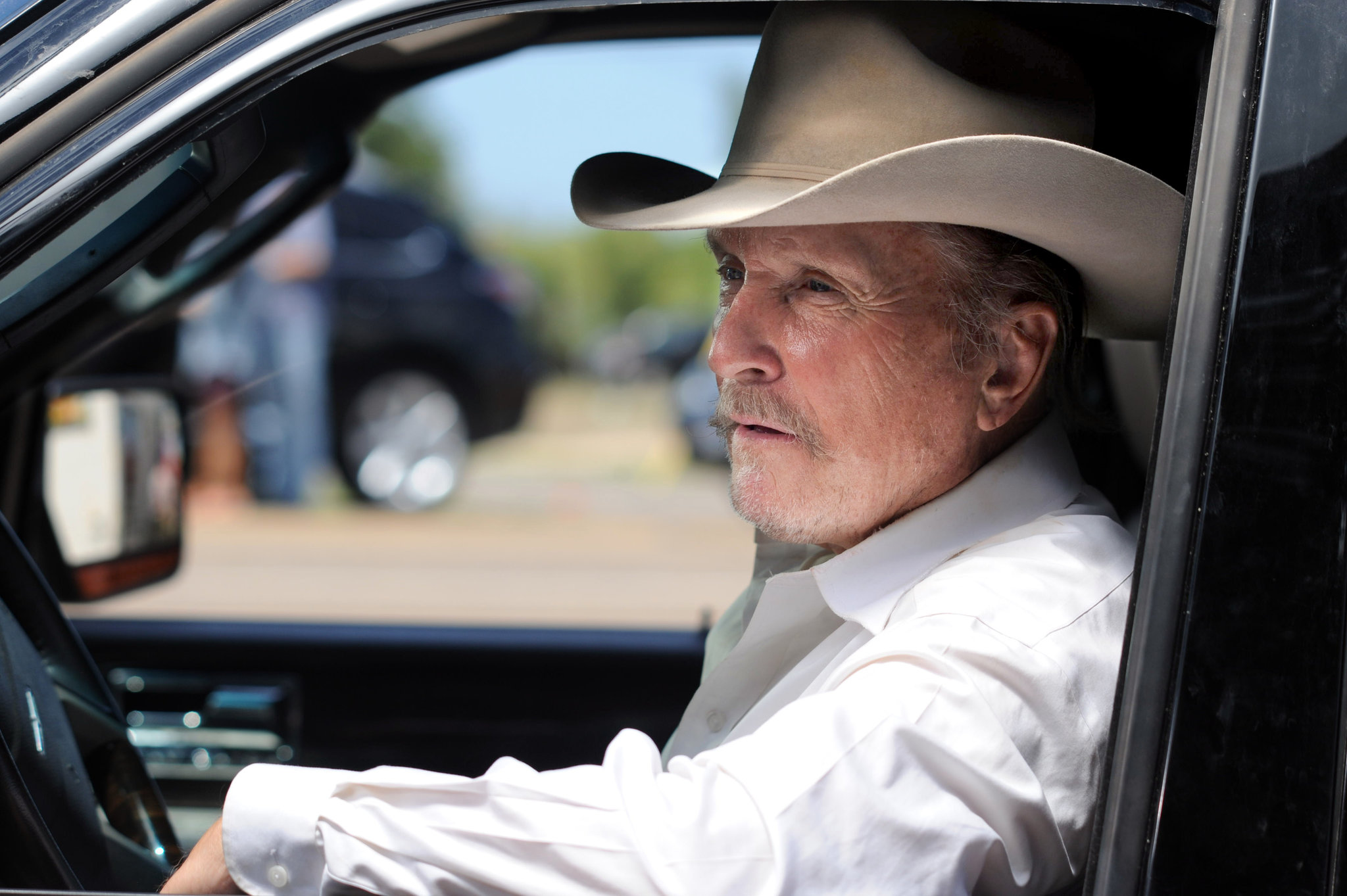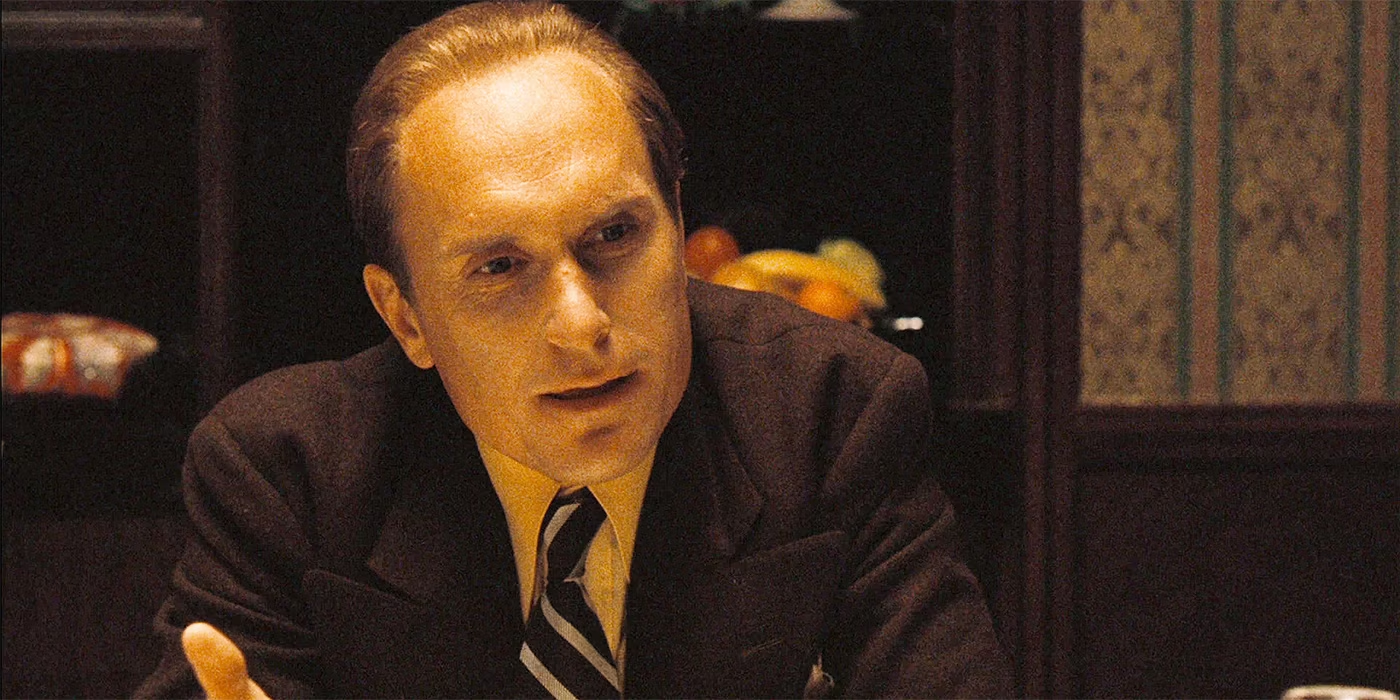In the cinematic world where every frame and line echoes with the possibility of legacy, few films have left an indelible mark as Francis Ford Coppola’s “The Godfather.” Celebrating its 50th anniversary, the film remains a cornerstone of cinematic excellence. Robert Duvall, who played Tom Hagen, the Corleone family’s consigliere, had an unusual premonition about the film’s historic impact, even before the cameras had stopped rolling. Duvall’s intuition that they were onto something monumental wasn’t just wishful thinking; it was an insight that would firmly place “The Godfather” in the annals of film history.

The Birth of a Cinematic Masterpiece
The journey to making “The Godfather” was filled with as much drama off-screen as on. However, amid the tumultuous production, Duvall sensed the creation of something exceptional.
“Well, I’ve only felt that twice. I felt that about a third of the way through ‘The Godfather I.’ I said, ‘we’re really doing something I think pretty special here that will live on for a long time to come,'”
Duvall remarked during an interview with The A.V. Club. This sense of creating a landmark film was not misplaced, as “The Godfather” would go on to redefine the gangster genre and become a reference point for cinematic achievement.

The Impact of “The Godfather” on Modern Cinema
Upon its release, “The Godfather” was more than just a commercial success; it was a cultural phenomenon that earned $270 million against a modest $7 million budget. The film garnered 11 Academy Award nominations and won three, including Best Picture. Its narrative depth, coupled with stellar performances by a cast including Marlon Brando, Al Pacino, and Diane Keaton, offered an unparalleled cinematic experience.
Duvall’s character, Tom Hagen, is particularly notable for his calm demeanor juxtaposed against the volatile world of the mafia. His performance earned him an Academy Award nomination for Best Supporting Actor, underscoring his crucial role in the film’s success.
On This Date In Film History with GVN: December 20
The Godfather Part II (1974)
Starring: Al Pacino, Robert Duvall, Diane Keaton, Robert De Niro, Talia Shire, Morgana King, John Cazale, Mariana Hill, and Lee Strasberg
Directed by Francis Ford Coppola
Grossed $88 million pic.twitter.com/6ardW1M50b
— Geek Vibes Nation (@GeekVibesNation) December 20, 2020
Legacy and Lasting Influence
More than five decades later, “The Godfather’s” influence permeates not just film but the broader canvas of pop culture. Its narrative elements, character development, and moral ambiguities continue to be studied and admired. The film’s ability to blend commercial appeal with artistic depth is a testament to the vision shared by Coppola and his cast, a vision that Duvall recognized early on.
Duvall’s prediction about the film’s enduring impact reflects not just the optimism but the visionary foresight that often accompanies landmark artistic endeavors. As we look back, his early recognition of the film’s potential highlights an acute awareness of the project’s unique alignment of talent, storytelling, and directorial prowess.

Conclusion: A Prophecy Fulfilled
In retrospect, Robert Duvall’s early confidence in “The Godfather” might seem like a foregone conclusion given the film’s lasting acclaim. However, at the time, his prediction was a bold, if not risky, assertion. It speaks volumes about his understanding of film as an art form and the collective magic that he felt during the production. As “The Godfather” continues to captivate and influence, it stands as a pinnacle of what cinema can achieve, much like Duvall’s early prediction—a prophecy beautifully realized.
“The Godfather” remains a powerful reminder of how a film can transcend time and genre, becoming a universal touchstone for excellence in filmmaking. It is a testament to the foresight of those like Robert Duvall, who knew they were making history, frame by unforgettable frame.

